#Nawal El-Saadawi
Text
"And truth is like death in that it kills."
— Nawal El-Saadawi, Woman at Point Zero
2 notes
·
View notes
Text



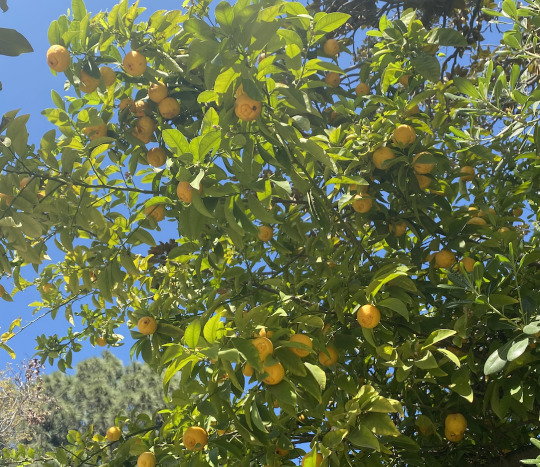

Balancing the melancholy in all the spring bright.
From What Are You Going Through by Sigrid Nunez // Woman At Point Zero by Nawal El Saadawi // Forward from A Room of One's Own by Virginia Woolf
#dark academia#literature#novel#quote#essay#in translation#translated#writers#book quotes#prose#chaotic academia#reading#books#writing#lit#virginia woolf#a room of one’s own#sigrid nunez#what are you going through#nawal el saadawi#woman at point zero#women’s literature#women writers#mary gordon#feminist literature#light academia
26 notes
·
View notes
Text
Why should the head of women in particular be considered so dangerous that it must be made to disappear?
This is no more than the age-old patriarchal struggle over women's heads, the fear that they might begin to think and throw off the bonds of slavery, of an inferiority enforced on them in all religions and in all societies.
—Nawal el Saadawi, "War Against Women and Women Against War: Waging War on the Mind."
20 notes
·
View notes
Text
Life is very hard. The only people who really live are those who are harder than life itself.
Nawal El Saadawi, from Woman at Point Zero, 1977
29 notes
·
View notes
Quote
Yet not for a single moment did I have any doubts about my own integrity and honour as a woman.
Nawal El Saadawi
66 notes
·
View notes
Text
But in love I gave all: my capabilities, my efforts, my feelings, my deepest emotions. Like a saint, I gave everything I had without ever counting the cost. I wanted nothing, nothing at all, except perhaps one thing. To be saved through love from it all. To find myself again, to recover the self I had lost. To become a human being who was not looked upon with scorn, or despised, but respected, and cherished and made to feel whole.
— Woman at Point Zero, Nawal El Saadawi
#nawal el saadawi#arabic literature#literature#reading#love quotes#i love him#love#coquette#girlblogger#girlboss gaslight gatekeep#book quotes#bookworm#vintage#locally hated#girl blogging#girlboss#girl interrupted#girl interrupted syndrome#black swan
13 notes
·
View notes
Text
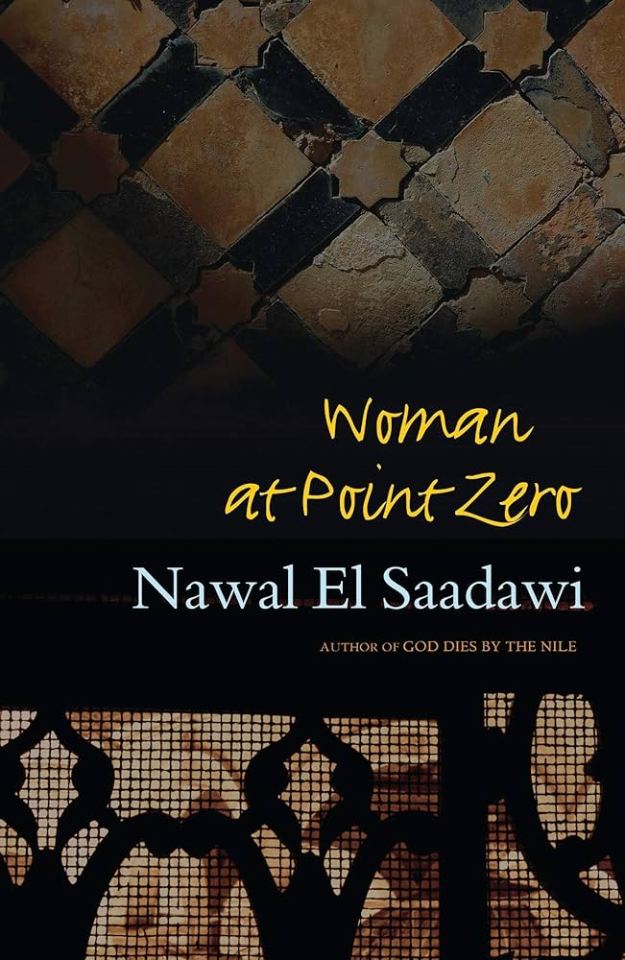
"All the men I did get to know, every single man of them, has filled me with but one desire: to lift my hand and bring it smashing down on his face. But because I am a woman I have never had the courage to lift my hand. And because I am a prostitute, I hid my fear under layers of make-up".
So begins Firdaus' story, leading to her grimy Cairo prison cell, where she welcomes her death sentence as a relief from her pain and suffering. Born to a peasant family in the Egyptian countryside, Firdaus suffers a childhood of cruelty and neglect. Her passion for education is ignored by her family, and on leaving school she is forced to marry a much older man. Following her escapes from violent relationships, she finally meets Sharifa who tells her that 'A man does not know a woman's value… the higher you price yourself the more he will realize what you are really worth' and leads her into a life of prostitution.
Desperate and alone, she takes drastic action. Saadawi's searing indictment of society's brutal treatment of women continues to resonate today. This classic novel has been an inspiration to countless people across the world.
4 notes
·
View notes
Text


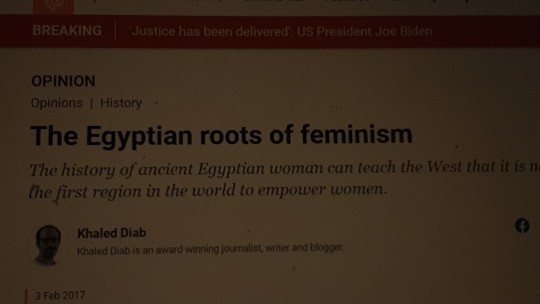
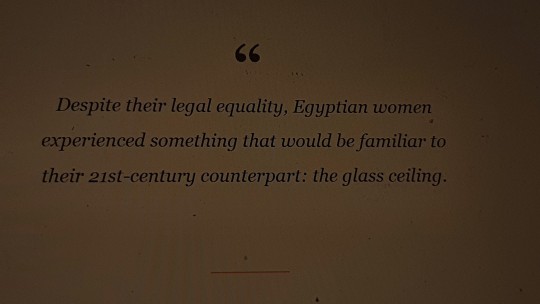

“Women are half the society. You cannot have a revolution without women. You cannot have democracy without women. You cannot have equality without women. You can’t have anything without women.”
~Nawal El Saadawi
47 notes
·
View notes
Text
But I expected something from love. With love I began to imagine that I had become a human being. […] I wanted nothing, nothing at all, except perhaps one thing. To be saved through love from it all. To find myself again, to recover the self I had lost. To become a human being who was not looked upon with scorn, or despised, but respected and cherished and made to feel whole. I was not destined to achieve what I hoped for.
Nawal El Saadawi, Woman at Point Zero (1975)
9 notes
·
View notes
Photo

woman at point zero by nawal el saadawi
20 notes
·
View notes
Text
“How, my daughter, did you stand so much pain? How did I stand it together with you? I always felt that you, my daughter, were capable of anything, of moving mountains or of crumbling rocks, even though your body is small and weak like mine. But when your tiny feet used to kick the walls of my stomach, I'd say to myself: God, what strength and power there is inside my body? Your movements were strong while you were still a foetus and shook me from inside, like a volcano shakes the earth. And yet I knew that you were as small as I was, your bones as delicate as your father's, as tall and slim as your grandmother, your feet as large as the feet of prophets.' When I gave birth to you, your grandmother pursed her lips in sorrow and said: A girl and ugly too! A double catastrophe! I tensed my stomach muscles to close off my womb to the pain and the blood and, breathing with difficulty, for your birth had been hard and I suffered as though I'd given birth to a mountain, I said to her: She's more precious to me than the whole world! I held you to my breast and slept deeply. Can I, my daughter, again enjoy another moment of deep sleep whilst you are inside me or at least near to me so that I can reach out to touch you? Or whilst you are in your room next to mine so that I can tiptoe in to see you whilst you sleep? The blanket always used to fall off you as you slept, so l'd lift it and cover you. Anxiety would waken me every night and make me creep into your room. What was that anxiety and at what moment did it happen? Was it the moment the cover fell off your body? I could always feel you, even if you had gone away and were out of my sight. Even if they were to bury you under the earth or build a solid wall of mud or iron around you, I would still feel a draught of air on your body as though it were on mine. I sometimes wonder whether I ever really gave birth to you or if you are still inside me. How else could I feel the air when it touches you and hunger when it grips you. Your pain is mine, like fire burning in my breast and stomach. God of Heaven and Earth, how did your body and mine stand it? But I couldn't have stood it were it not for the joy of you being my daughter, of having given birth to you. And you can raise your head high above the mountains of filth.”
—Nawal El Saadawi, “In Camera”
#idk this passage just resonated with me...made me emotional#reminded me of my mom#text#quotes#nawal el saadawi#in camera#not mine
1 note
·
View note
Text
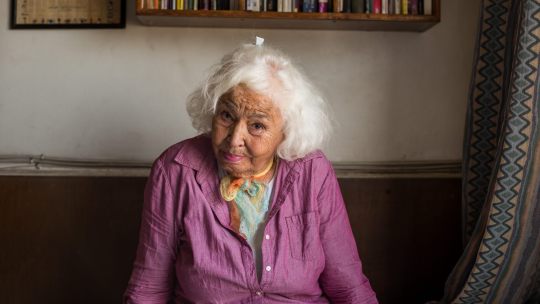
Nawal El Saadawi • نوال السعداوي
0 notes
Text
Nawal El Saadawi, the Egyptian novelist and political theorist, contends that actually it is male insecurity and terror in the face of "the innate resilience and strength of the woman" that first led men to oppress and subjugate women, trying to "conquer the indomitable vitality and strength that lay within women, ready to burst out at any moment."
Understanding men's fear of female potency helps us to identify the common denominator among phenomena like pornographic display; rape; harassment; veiling; bondage; corseting; fashion-mandated thinness; feminizing makeup; crippling footwear; depilation of the legs, face, underarms, and genitals; cosmetic surgery (including laser surgery to tighten the vagina and diminish the size of the labia); and clitoridectomy and other forms of genital mutilation. All such practices (and the imagery that promotes them) represent the fear-based masculine project to contain, control, infantilize, and defeat female potency.
In the pornographic view, male potency veritably requires female impotence, and whenever there is a truly sovereign woman (not just a "dominatrix" acting out a male-authored script), there is a weak and castrated man.
—Jane Caputi, "Goddesses and Monsters: Women, Myth, Power, and Popular Culture."
8 notes
·
View notes
Text
Nawal El Saadawi menekankan perlunya perempuan menemukan identitas mereka sendiri--tidak hanya terpisah dari laki-laki, tetapi juga menantang pandangan negatif tentang budaya dan masyarakat mereka yang merupakan warisan kolonialisme dan imperialisme. "Sekarang, di Barat, segala sesuatu yang berhubungan dengan masyarakat Muslim adalah negatif. Namun, ada hal-hal positif. Karena alasan tersebut, mempelajari sejarah adalah hal yang penting. Mempelajari sejarah memberi kita kepercayaan pada asal usul kita, peradaban kita, dan kita melakukan pembangunan berdasarkan hal tersebut. Para penjajah cenderung mengasingkan kita dari masa lalu dan sejarah kita, dan hanya memaksakan bagian negatif dari sejarah kita."
- Nawal El Saadawi - Perjuangan dan Perlawanan Seorang Feminis Mesir
0 notes
Text
Palestinian liberation is a feminist issue. While this truism should need no elaboration, it has, as with so much that relates to Palestine, necessitated discussions, clarifications, analysis and documentation, again and again. Palestine rights activists have long been familiar with the all too common phenomenon known as PEP: Progressive Except for Palestine. Less known, but no less common in feminist circles is FEP, the Feminist Except for Palestine phenomenon. Books such as Evelyn Shakir’s 1997 Bint Arab recount incidents of FEP going back to the ’60s, with many Arab feminists being shunned by their American friends over their support for Palestinian liberation. FEP had one of its early expressions on a global stage at the 1985 United Nations World Conference on Women in Nairobi, Kenya, when Betty Friedan, an icon of second‑wave western feminism, with its slogan ‘the personal is political’, tried to censor the late Egyptian feminist Nawal el‑Saadawi as she was about to walk up to the stage to deliver her address. ‘Please do not bring up Palestine in your speech,’ Friedan told el‑Saadawi. ‘This is a women’s conference, not a political conference.’
Sadly, little has changed in global north feminism’s rejection of the very humanity of the Palestinian people, as evidenced in their continued exclusion from national and global discussions of women’s issues. White feminism has continued to align itself with orientalist imperialist militarism; Ms Magazine cheered the Bush Administration’s US war on Afghanistan in 2001, calling it a ‘coalition of hope’, and suggesting that invasion and occupation could, indeed would, liberate Afghan women. The white feminists in the Feminist Majority Foundation, which bought Ms Magazine in December 2001, never consulted with Afghan feminist organisations such as the Revolutionary Association of the Women of Afghanistan, who denounced both religious fundamentalism and western intervention in Afghanistan, and who opposed the US attacks on their country. More recently, hegemonic feminism’s desire to exempt Israel from criticism led to the fragmentation of the Women’s March, the coalition of women’s and feminist groups that came together to denounce the election of Donald Trump to the presidency of the US. The co‑chair of the 2017 Women’s March was Brooklyn‑born Palestinian American Linda Sarsour, a grassroots organiser who had long championed Palestinian rights. When journalist Emily Shire asked in the New York Times ‘Does Feminism Have Room for Zionists?’, Sarsour responded with a resounding ‘No’. Many felt threatened by her outspokenness and visibility.
Another Palestinian feminist, Mariam Barghouti, also asserted in a 2017 article that ‘No, You Can’t Be a Feminist and a Zionist’, and explained that: ‘When I hear anyone championing Zionism while also identifying as a feminist, my mind turns to images of night raids, to the torture of children and to the bulldozing of homes.’ In the wake of Israel’s latest war on Gaza, white feminists are denouncing the unsubstantiated accusations of sexual violence against Israeli women, without addressing the Israeli state’s amply documented gendered violence against Palestinian women, children, and men. ‘Feminism cannot be selective. Its framework comes from true and absolute liberation not just of women, but of all peoples,’ Barghouti continues, building on bell hooks’ analysis of feminism as a complete liberatory movement. ‘A feminist who is not also anti‑colonial, anti‑racist and in opposition to the various forms of injustice is selectively and oppressively serving the interests of a single segment of the global community.’ Simply, ‘feminism’ that aligns with regimes that engage in racial and ethnic oppression is gendered supremacy; no ideology that hinges on supremacy and discrimination is reconcilable with feminism.
94 notes
·
View notes
